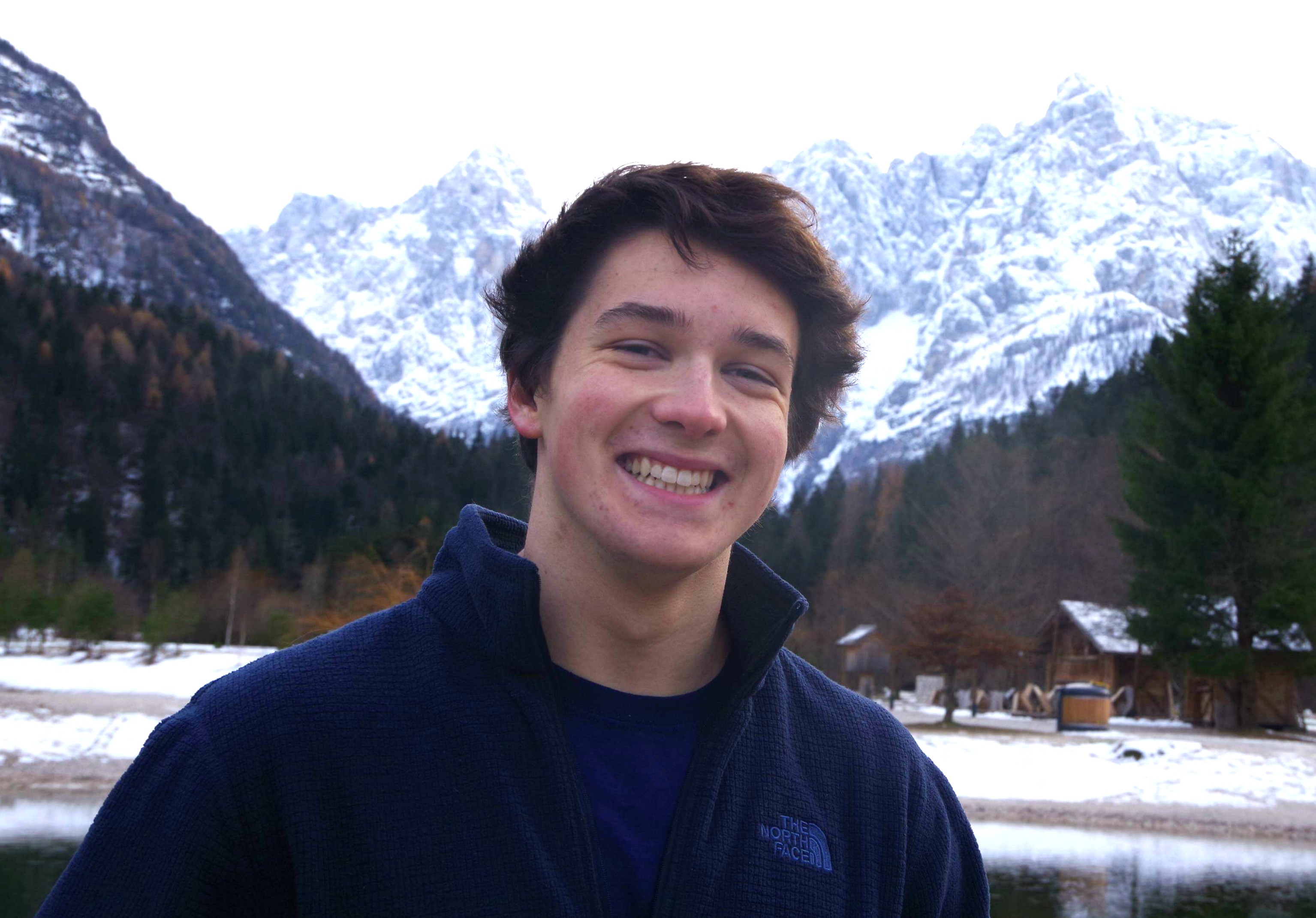
For recent German and Russian majors, the job market is speaking their language. Read more about Kirsti Dahly '11 and her time in Khanty-Mansiisk, Siberia.
Small classes, close collaboration with faculty members, opportunities to practice your language skills: all these ingredients make it possible for undergraduate students to publish their work and conduct meaningful research. Students have written poetry, articles and book reviews for publications Translit, Proverbium: Yearbook of International Proverb Scholarship, the Bulletin of the Miller Center for Holocaust Studies, and the UVM History Review.
Professors often involve work-study students in their research projects. You may create databases, learn how to edit manuscripts, or research Russian newspaper research. The department also supports students in making presentations at professional meetings, giving them a unique scholarly experience.
Living the language
In the German program, UVM participates in study abroad programs at the University of Salzburg, Austria, and the University of Augsburg, Germany. Many of our Russian majors and minors students study abroad for a semester or a year in Russia on a variety of study-abroad programs (St. Petersburg, Moscow, Yaroslavl, Petrozavodsk, and Irkutsk). They gain a tremendous amount of linguistic, cultural and personal growth by studying in Russia for a year or a semester.
Gaining real-world experience
During summers or study abroad semesters, students have found internships with educational institutions, corporations, publishers, and the non-profit sector in Germany, Austria and Switzerland. Russian students can participate in a study abroad Internship program in Russia: The University of Arizona Internship program in Moscow, where students attend language classes in the morning and work in Russian businesses in the afternoon and evening. Students receive 15 hours of academic credit through this program.

 Undergraduate Research Opportunity Leads to Deep Exploration
Undergraduate Research Opportunity Leads to Deep Exploration